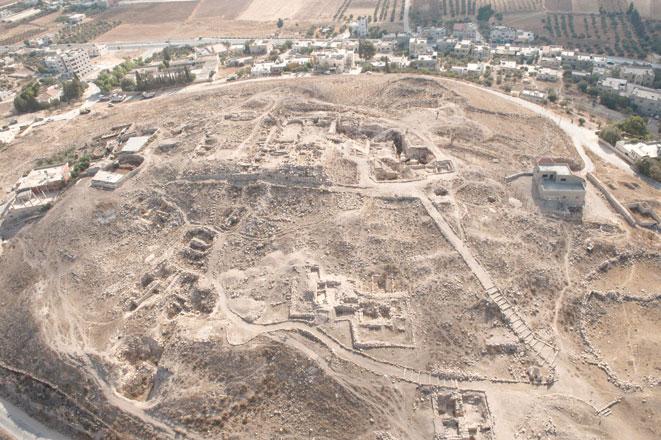Øystein LaBianca, professor of anthropology and associate director of the Institute of Archaeology at Andrews University, has spent most of the last 50 summers digging for the past at archaeological sites in Jordan. Recently his efforts have led to more and more community engagement, as the local people near the Tall Hisban dig become more invested in the project. In this interview, he talks about the local women who have created a catering business, and more.
Question: You have been very involved in an ongoing archaeological dig in Tall Hisban, Jordan. Getting the local community involved in archaeological sites has been a major focus for you, I believe. Can you tell us how the local community has gotten involved in the dig in Hisban?
First thing, from the very beginning, back in 1968 when Siegfried Horn started the work in Tall Hisban, he made it a point to meet with all the elders of the village and get to know them personally. These elders would come and actually preside over the dig, while their younger relatives, the young men, would come and work. These elders were also present during payday. There was constant interaction with the elders throughout the project.
Source: Spectrum Magazine
